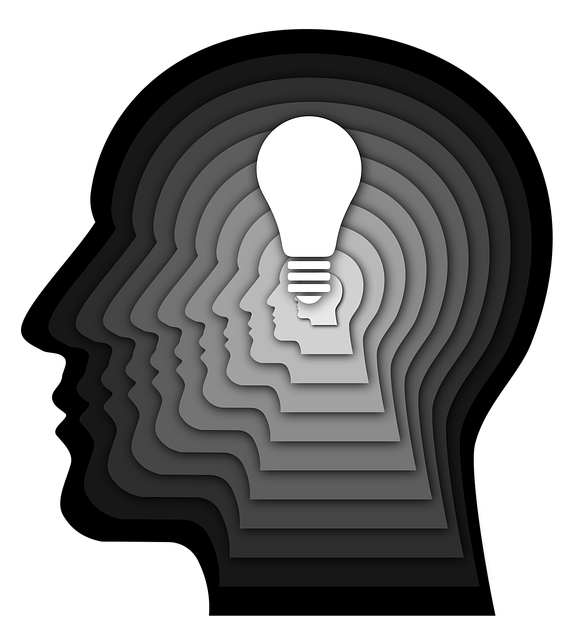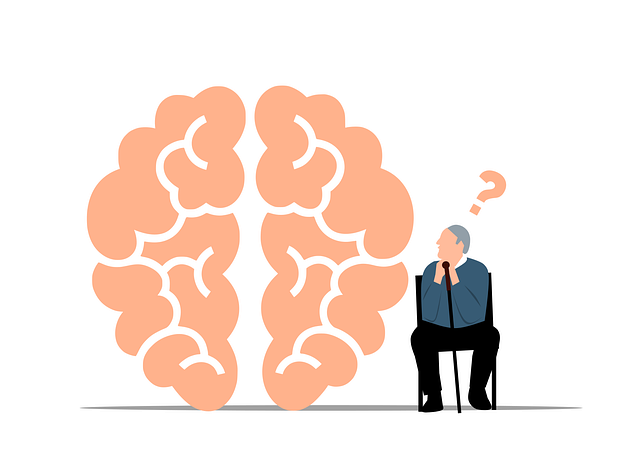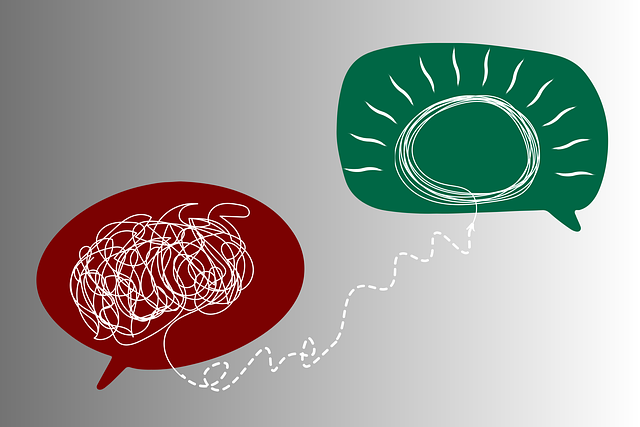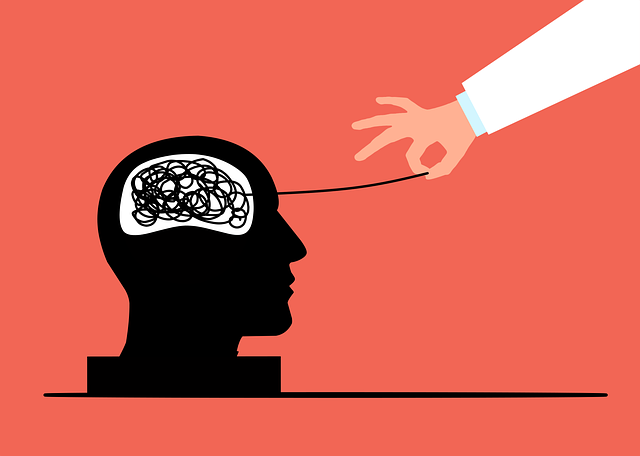Centennial Blended Families Therapy leverages data-driven insights to provide personalized mental health support. Therapists collect and analyze structured interviews, surveys, and observations to understand clients' psychological states within their unique family dynamics. This approach aids in developing tailored crisis interventions, depression prevention strategies, and conflict resolution techniques. By reviewing patient records and trends, therapists uncover hidden patterns and create long-term coping tools, enhancing overall well-being. Ethical data handling, including confidentiality and informed consent, is paramount, with future advancements promising AI-driven predictive models, personalized treatments, remote therapy options, and innovative healing processes.
Mental health data analysis is a powerful tool for understanding and improving individual well-being. This comprehensive guide explores key aspects, including deciphering complex datasets, the unique contribution of Centennial Blended Families in therapy, and crafting personalized treatment plans based on data insights. We also delve into ethical considerations and future trends shaping this evolving field, with a special focus on how advanced analytics can enhance support for Centennial Blended Families Therapy.
- Understanding Mental Health Data: A Comprehensive Overview
- The Role of Centennial Blended Families in Therapy
- Analyzing and Interpreting Data for Personalized Treatment Plans
- Ethical Considerations and Future Trends in Mental Health Data Analysis
Understanding Mental Health Data: A Comprehensive Overview

Understanding Mental Health Data is a multifaceted process that forms the backbone of effective therapy and treatment strategies, particularly within the context of Centennial Blended Families Therapy. This involves meticulously analyzing various data points to gain insights into individuals’ psychological states, behaviors, and overall emotional well-being. By collecting and interpreting data related to symptoms, life events, family dynamics, and treatment responses, therapists can tailor interventions to meet specific needs.
The process begins with data collection through structured interviews, surveys, and observations, which provide a comprehensive view of clients’ mental health. These initial steps are crucial for identifying patterns and trends that may not be immediately apparent. Subsequently, advanced statistical techniques and qualitative analysis methods enable professionals to delve deeper into the data, uncovering relationships between factors like positive thinking, communication strategies, and emotional well-being promotion techniques. This analytical approach ensures that therapy remains evidence-based and centered on the unique needs of each client.
The Role of Centennial Blended Families in Therapy

In today’s diverse society, Centennial Blended Families present unique challenges and opportunities for mental health professionals. These families, often formed through second marriages or partnerships, bring together individuals from different cultural backgrounds, beliefs, and prior relationships. This complexity can enrich therapy sessions by offering a multifaceted perspective on family dynamics, communication patterns, and conflict resolution techniques. Understanding the nuances of blended families is crucial for providing tailored Crisis Intervention Guidance and fostering a supportive environment that addresses individual and collective needs.
Through therapeutic interventions, mental health practitioners can equip blended family members with Depression Prevention strategies and tools to navigate potential stressors. By incorporating evidence-based practices and Conflict Resolution Techniques, therapists can help these families build resilience, strengthen bonds, and create harmonious living environments. This holistic approach acknowledges the interconnectedness of individual well-being and familial dynamics, ultimately contributing to a more fulfilling and mentally healthy life for all involved.
Analyzing and Interpreting Data for Personalized Treatment Plans

In the realm of mental health, data analysis plays a pivotal role in crafting personalized treatment plans. By meticulously examining individual patient records and trends, therapists at Centennial Blended Families Therapy can uncover unique insights into each client’s journey. This process involves sifting through various metrics—from symptoms reported to progress over time—to identify patterns that might otherwise remain hidden. Such analysis enables the development of tailored interventions, ensuring that treatment strategies align with the specific needs and challenges faced by each individual.
For instance, data can reveal correlations between particular coping mechanisms, environmental factors, and symptom severity. Armed with these findings, mental health professionals can design targeted interventions that not only address present concerns but also equip individuals with long-term coping tools. This proactive approach extends beyond the treatment session, fostering self-awareness exercises and burnout prevention strategies for healthcare providers, ultimately enhancing overall well-being and resilience among clients, including those within complex family structures.
Ethical Considerations and Future Trends in Mental Health Data Analysis

The ethical considerations in mental health data analysis are paramount, especially when dealing with sensitive information from diverse populations, including Centennial Blended Families Therapy clients. As technology advances and data collection becomes more sophisticated, it’s crucial to maintain confidentiality and ensure informed consent from participants. This involves implementing robust security measures to protect personal details and anonymizing data where necessary to preserve privacy. The interpretation of mental health data should also be done with cultural sensitivity, taking into account the unique experiences and perspectives of different communities.
Looking ahead, the future trends in this field promise exciting innovations. With advancements in artificial intelligence and machine learning, there’s potential for more accurate predictive models and personalized treatment recommendations. Integrating Mental Wellness Journaling Exercise Guidance, Social Skills Training, and Emotional Healing Processes into data-driven therapies can enhance their effectiveness. Moreover, remote therapy options are likely to expand, making mental health support more accessible, especially for underserved populations. These developments aim to improve overall mental wellness while respecting ethical boundaries.
Mental health data analysis is a powerful tool that not only enhances our understanding of diverse populations but also paves the way for personalized treatment plans, particularly within the context of Centennial Blended Families therapy. By delving into data and interpreting it ethically, professionals can revolutionize mental healthcare, fostering more effective and tailored interventions. As we navigate this dynamic landscape, staying informed about both current practices and emerging trends is essential to ensure that all individuals receive the support they need for improved mental well-being.














